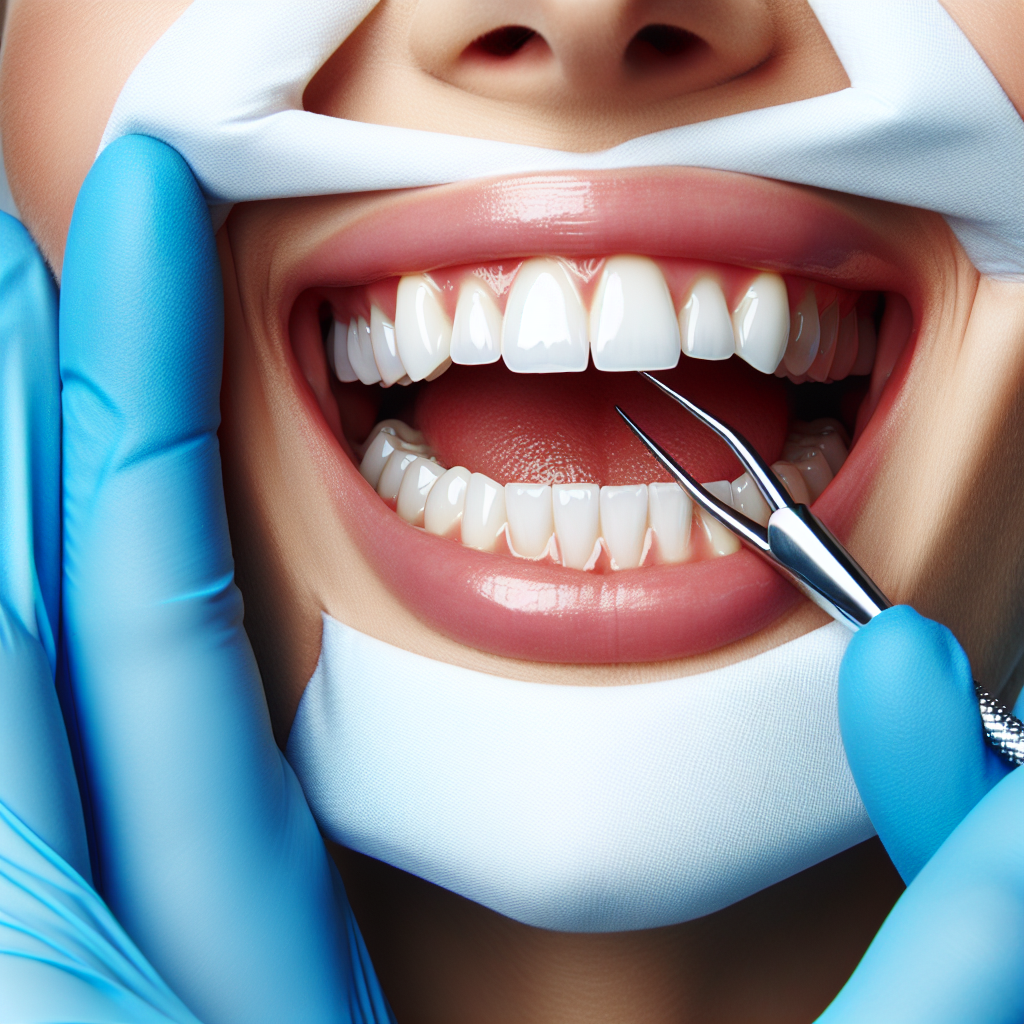Wisdom teeth, also known as third molars, are the last set of teeth to emerge in the mouth. They typically appear in the late teens or early twenties and can cause pain and discomfort as they push through the gums. This is often due to the lack of space in the mouth for these additional teeth, leading to crowding and impaction.
For many individuals, wisdom teeth pain can be an excruciating experience that interferes with daily activities such as eating, speaking, and even sleeping. This pain can be sharp and intermittent or dull and constant, depending on the position of the wisdom teeth and whether they are impacted or partially erupted.
One of the most effective ways to manage wisdom teeth pain is to use over-the-counter pain relievers such as ibuprofen or acetaminophen. These medications can help reduce inflammation and alleviate discomfort, allowing individuals to function more comfortably while awaiting treatment from a dental professional.
In addition to pain medication, applying a cold compress to the outside of the cheek can also help reduce swelling and numb the affected area, providing temporary relief from wisdom teeth pain. This simple and inexpensive remedy can be done at home and is a popular method for soothing discomfort until a dentist can address the underlying issue.
Which Treatment Option is Most Effective for Wisdom Teeth Pain Relief?
When it comes to finding relief from the discomfort and pain caused by wisdom teeth, there are several remedies that can help alleviate the symptoms. From over-the-counter pain medications to saltwater rinses and clove oil, each option offers its own benefits in managing the pain. Understanding which treatment option is most effective for wisdom teeth pain relief can provide you with the best chance of finding relief and getting back to normal. To explore the various options and determine the most effective treatment for wisdom teeth pain, continue reading below.
Over-the-Counter Pain Relief
One of the most common and effective ways to manage wisdom teeth pain is by taking over-the-counter pain relief medication. Ibuprofen, acetaminophen, and aspirin are popular choices for reducing inflammation and alleviating discomfort. These medications can help to minimize swelling and provide relief from the throbbing pain associated with impacted wisdom teeth.
Ice Packs
Applying an ice pack to the outside of the jaw can help to numb the area and reduce swelling. Ice can also constrict blood vessels, which can help to alleviate pain caused by inflammation. Be sure to wrap the ice pack in a cloth or towel to protect your skin from direct contact with the cold.
Salt Water Rinse
Rinsing your mouth with warm salt water can help to reduce bacteria and prevent infection in the areas surrounding your wisdom teeth. This simple solution can also help to soothe irritated gums and alleviate pain. Mix about 1/2 to 1 teaspoon of salt into a glass of warm water, swish it around your mouth, and then spit it out.
Clove Oil
Clove oil contains eugenol, a natural anesthetic and anti-inflammatory agent that can help to numb the pain and reduce inflammation associated with wisdom teeth. Apply a small amount of clove oil to a cotton ball and gently press it against the affected area for temporary relief.
When to See a Dentist
If you are experiencing severe pain, swelling, or difficulty opening your mouth due to impacted wisdom teeth, it is important to seek professional help. A dentist can assess the situation and determine if extraction is necessary to alleviate your pain and prevent further complications.
According to the American Association of Oral and Maxillofacial Surgeons, approximately 85% of people will need to have their wisdom teeth removed at some point in their lives due to pain or other issues.
Conclusion
In conclusion, managing wisdom teeth pain involves a combination of home remedies, over-the-counter medications, and professional treatment options. Applying ice packs, rinsing with salt water, and using clove oil can help alleviate pain and reduce inflammation. Over-the-counter medications such as ibuprofen and acetaminophen can also provide relief. In more severe cases, dentists may recommend prescription-strength pain relievers or antibiotics to address infection. Ultimately, the best course of action will depend on the individual’s specific circumstances and the severity of their wisdom teeth pain. It is important to consult with a healthcare professional to determine the most appropriate treatment plan.
Overall, staying proactive about oral health, maintaining proper dental hygiene, and seeking timely intervention can help prevent and manage wisdom teeth pain. By being aware of the potential causes and symptoms of wisdom teeth pain, individuals can take steps to alleviate discomfort and promote overall oral wellness. Whether through home remedies or professional interventions, addressing wisdom teeth pain promptly can lead to a quicker recovery and improved quality of life.

